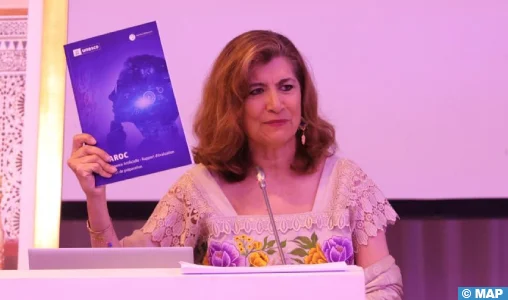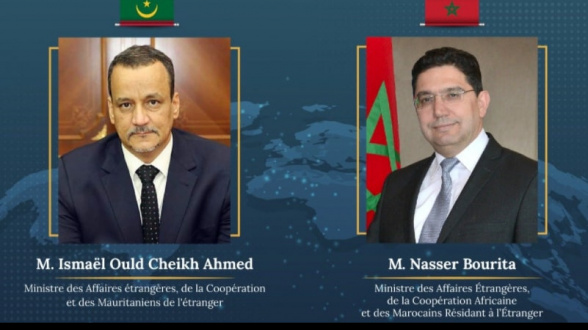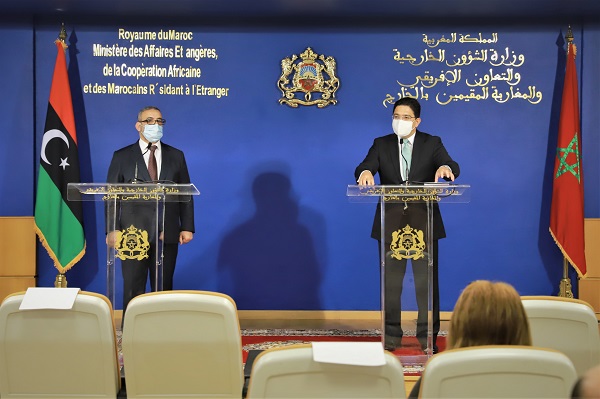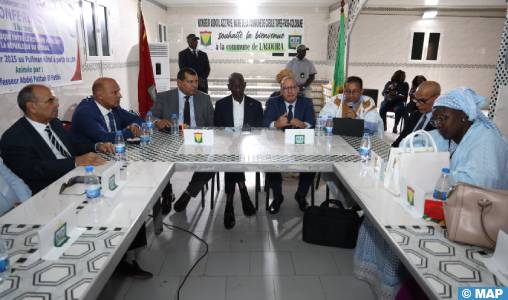The United Nations Educational, Scientific and Cultural Organization (UNESCO) presented its latest artificial intelligence readiness assessment report for Morocco at a national conference on AI development in the Kingdom held in Rabat on Friday.
The report, result of close collaboration between the Ministry of Digital Transition and Administration Reform and UNESCO, covers various aspects of the Kingdom’s readiness for AI, including key milestones in Morocco’s adherence to the relevant UNESCO recommendation, cyber laws available in the country, and digital enablement initiatives.
The report indicates that the Kingdom has developed its digital ecosystem, particularly concerning connectivity, data access, cybersecurity, and personal data protection, crucial elements in any AI-related discussion along five key axes focusing on economy, education, legislation, culture, and infrastructure, in addition to 17 recommendations specific to Morocco for human-centered AI development and use.
According to the report, the Kingdom is ranked 35th in the Open Data Watch 2022 (among 195 countries) and 50th in the Global Cybersecurity Index 2022 (among 194 countries).
Speaking at the conference, UNESCO’s Assistant Director-General for Social and Human Sciences Gabriela Ramos congratulated the Kingdom on this pioneering initiative, stressing that the country has been a forerunner in the region in launching its report. Morocco is the first African and Arab country to implement UNESCO’s Recommendations on Artificial Intelligence (AI) Ethics, she said.
She praised Morocco’s “very dynamic role” in the digital sector, notably through a very important engineering, entrepreneurship, connectivity, and talent base. “We are convinced that there is ample direction, leadership and political willingness placing Morocco as a leading center for AI investment.”
Highlighting the findings of the Readiness Assessment Methodology (RAM), the UN agency’s Assistant Director-General underlined that Morocco benefits from robust foundations for the growth of a dynamic AI ecosystem, with a solid technological infrastructure and a strong connectivity.
Among its outstanding assets, she cited its exemplary Open Data policies that are considered to be the driving force behind the development of artificial intelligence.
The UN official also pointed out that Morocco is equipped with high-quality training and education facilities for AI skills and research, citing the Moroccan International Center for Artificial Intelligence at UM6P, a category 2 center under UNESCO auspices.
She also praised the strong digital equity policies implemented in the Kingdom, which result in one of the highest rates of female engineers in the world (42%), stressing that this is an essential ingredient in building an equitable research and development ecosystem, as gender inequalities within the teams that develop these models lead to inequalities downstream.
She noted that this is an area in which Morocco has particularly distinguished itself and should serve as a model for other countries.
For her part, Minister Delegate for Digital Transition and Administrative Reform, Ghita Mezzour, said the report was part of the national digital development strategy, which aims to support the digital transition of public services by exploiting AI potential to improve the quality of services offered to citizens and businesses.
The Moroccan official noted that collaboration with UNESCO experts is of paramount importance, in particular within the current context of AI ecosystem reinforcement in Morocco, whether it is through supporting start-ups, promoting research and development, or attracting specialized international stakeholders in order to become a “major producer in this field”.
She said AI offers Morocco significant opportunities to improve productivity in all sectors, but also presents several challenges.



